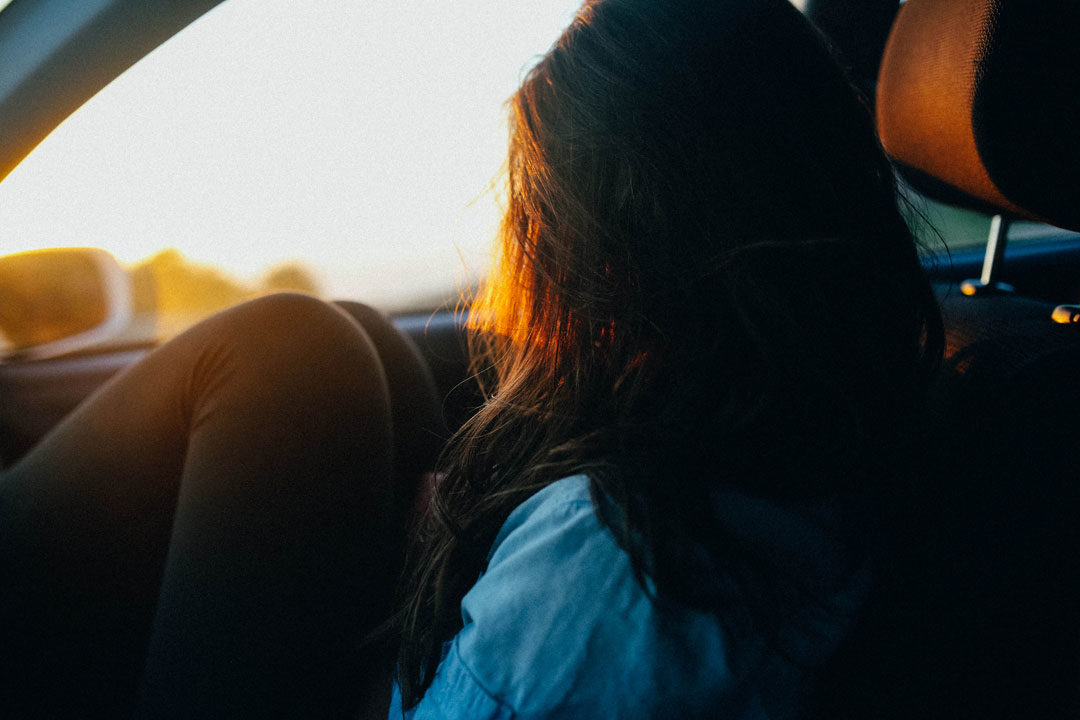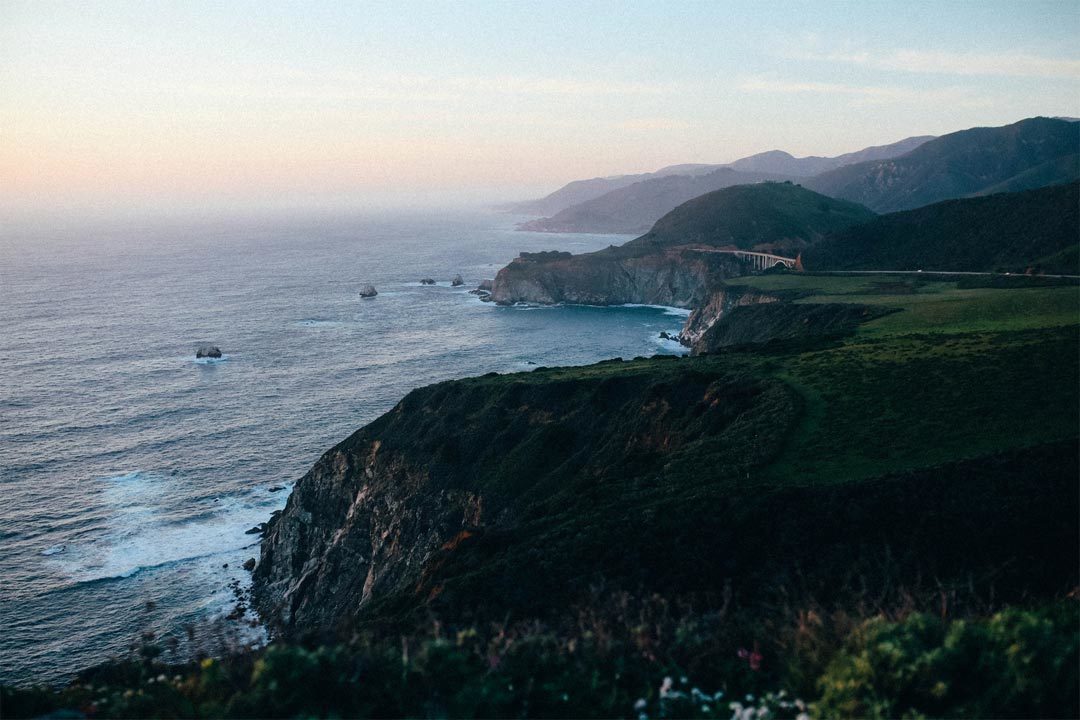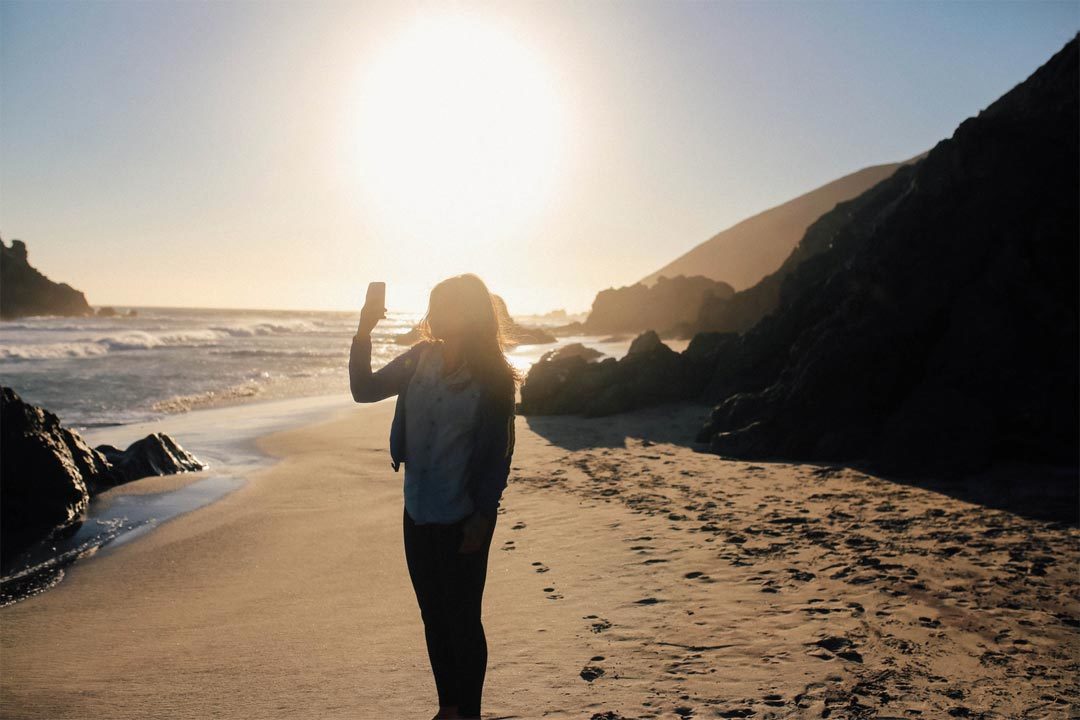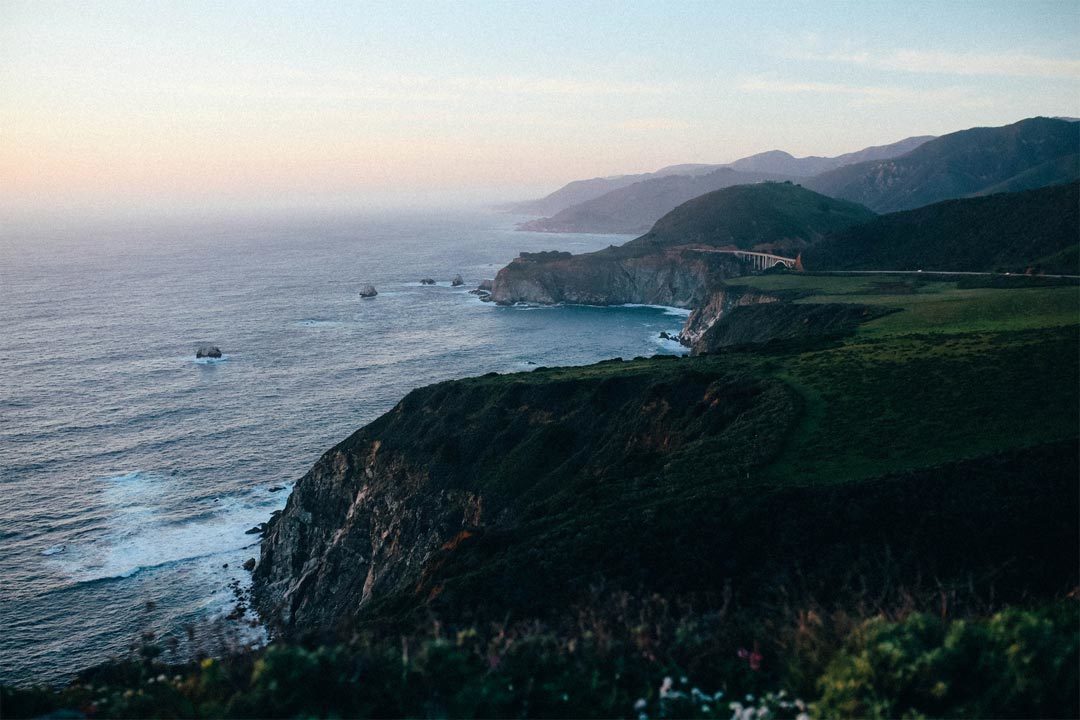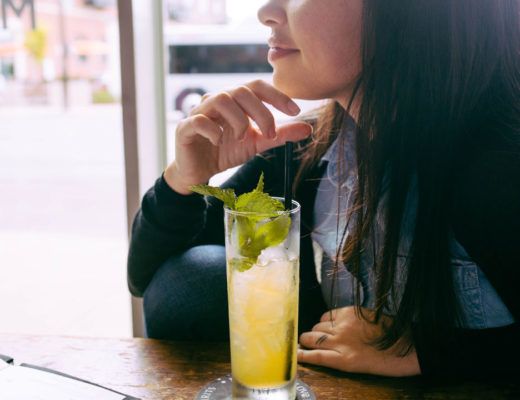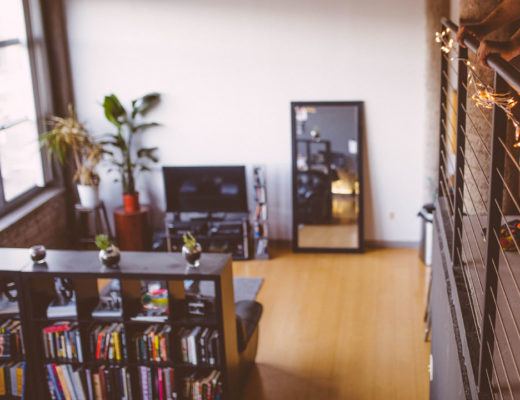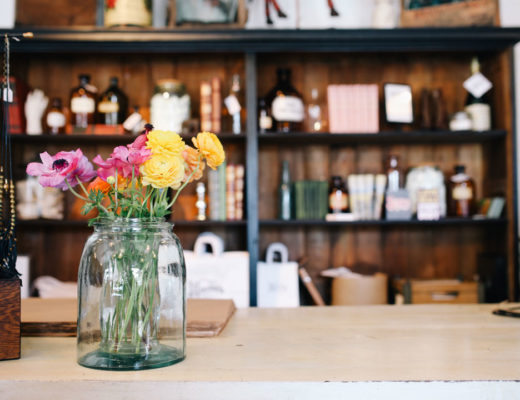A pioneer is defined as one who ventures into unknown territory; one who opens up new areas of thought and research. Hearing the story of Norman deLeuze, one of the original founders of ZD Wines, brings such words to mind. Throughout his life, deLeuze was a pioneer in many areas.
Fascinated with the aerospace industry, Norman began his career as an engineer, but the world of wine also captivated him. In 1968, he and his partner Gino Zepponi, also an aerospace engineer, founded ZD Wines in Sonoma County, Calif., an area that had not seen a winery permit issued in almost 20 years. Both kept their full-time careers, so cultivating their dream was done on weekends and holidays with the help of family and friends.
Throughout his time as a winemaker, Norman championed organic farming and Eco-friendly practices in the wine world long before it became a growing movement. He had a strong belief that biodiversity and limited intervention were the keys to a strong vineyard, and in turn, world-class wine. Later in his life, he applied his belief in non-toxic methods towards researching and trying many alternative treatments when he was diagnosed with non-Hodgkin’s lymphoma.
Recently, Arizona welcomed three generations of the deLeuze family—Norman’s wife, Founder Rosa Lee deLeuze; his son, President Brett deLeuze; and his grandson, Assistant Winemaker Brandon deLeuze. In speaking with them, one can sense that while the focus is to produce world class wine, their drive comes from honoring Norman and carrying on the beliefs and life practices he held dear. Wine is their expression of this.
“I’m proud of what my husband did,” said Rosa Lee. “What he and his partner went through to start this winery was incredible.”
Foraging a Path
Fitting for aerospace engineers, deLeuze and Zepponi received their winery permit in 1969, the same year man first stepped foot on the moon. For the first ten years, ZD Wines purchased grapes and made wine in the Carneros region of Sonoma County, with 1969 marking their first commercial vintage. A few hundred cases of Pinot Noir and a small amount of Riesling were produced, with the Pinot Noir being the first wine to have a Carneros designation on the label.
The next decade saw many changes—a vineyard was purchased, cabernet entered the fold and Norman left his job in aerospace engineering. Rosa Lee began handling sales and marketing and Brett and his brother Robert (now winemaster/CEO) joined the business.
The initial intent was to purchase a vineyard in Carneros but a dry well got in the way.
“We had an accepted offer on a piece of land that they wanted to build the winery on,” Brett explained. It was contingent on finding water but they drilled a dry well. They went in search of another piece of property and found the piece in Rutherford.”
A winery was built in 1979 on the land that happened to be along the Silverado Trail. While Cabernet Sauvignon wasn’t on the radar, it was a natural step to plant it since the area was so well known for the varietal. In 1980, ZD began producing only Chardonnay, Pinot Noir and the newcomer, Cabernet Sauvignon.
“They had made other varieties but Chardonnay and Pinot Noir were definitely the wines taking off for the winery and once they had planted Cabernet it became a permanent fixture in our wines,” said Brett.
The family has since purchased a historical 33-acre vineyard in Carneros, and today ZD Wines produces around 30,000 to 35,000 cases of wine per year (depending on the strength of vintage); around 5,000 cases of Pinot Noir, 10,000 Cabernet Sauvignon and 20,000 Chardonnay. ZD Wines have been poured in the White House over three administrations, won over 300 awards of excellence in prestigious competitions and was named Winery of the Year by the Wine & Spirits Buying Guide in 1997.
Zero Defects
It’s logical to think that “ZD” came from a combination of founders’ last name initials. Instead, it stands for Zero Defects, a quality control program developed by The Martin Company in the 1960s. Offered to all other aerospace companies, it was the father of nearly every quality control program in the world.
While there is not an intended correlation, it seems that producing wine with zero defects, or wine in its most natural expression, was what Norman was after. Rather than controlling it with chemical fertilizers and other such practices, he felt that quality was achieved through little intervention.
deLeuze was very interested in organic farming, and ZD Wines began such practices in the 1980s, long before they applied for the certification. As Brett explains, little bugs were the catalyst.
“He started because there was an original period where we had leafhoppers, little bugs that do vine damage. The farm bureau recommended using this nasty chemical where you couldn’t go back into the vineyard for three days after you applied it. After that was done, he said, ‘I’m not doing that again. I don’t think I needed to.’ It was a pretty amazing experiment after that. The next year when the leafhoppers came back, there were a ton of them and he didn’t spray, the vineyard did fine and we harvested our fruit. The next year we had half the population and the following year they went away and never came back. Mother nature took care of itself.”
From the beginning, deLeuze involved his family in an eco-farm group in Monterey where ideas were exchanged on various Eco- friendly practices. His grandson Brandon, now assistant winemaker, began attending in high school.
“I definitely received an early education and I think for all of us, the more we learn how to do things smart and right, the more we get into it,” he said.
The winery runs exclusively on solar power along with the Carneros property. Tractors are powered by biodiesel, all water used is processed onsite and used on the vineyard and harvest product such as grape seeds and skins are composted and incorporate back into the vineyard for the next year.
“We have the potential to produce a lot of garbage because of all the supplies we need for bottling and all involved in manufacturing,” said Brandon. We’ve gotten it to the point where we produce almost no waste. We recycle everything. We’re just trying to think about it and do the best we can.”
Brett added, “We have healthier soils, healthier fruit. We think we’re producing a better product if for no other reason then we’re not putting those petrochemicals into the cycle. Whether people care about these practices or not, it’s amazing what we’ve seen. For example, to see a hawk in the 1970s and 1980s was a big deal, if you ever saw one. Now, they’re around. The biodiversity of the environment has come back. The bird’s life has come back. You can see the way the environment has changed.”
Continuing the Legacy
Today the deLeuze family not only continues Norman’s practices in the vineyard but outside as well. When he was diagnosed with non-Hodgkins lymphoma, Norman was given six months to live if he didn’t use chemotherapy. True to
his beliefs, he used all types of alternative methods to fight the cancer instead. He lived for four more years. During this time, he reached out to his primary doctor, UC Davis Research Oncologist Dr. Joseph Toscano, to take a look at the methods he was using. Out of this formed the deLeuze Family Endowment for a Non-toxic Cure for Lymphoma. Not far from reaching the $1 million mark, it will become an Endowed Professorship Fund at UC Davis that supports the teaching, research and service activities of Dr. Toscano in finding a non-toxic cure for lymphoma.
“We’re into all of the most healthy things we can do,” said Rosa Lee. The endowment is another example of the whole focus. It’s always been about how we can do things naturally without the use of all these other chemicals.”
The deLeuze family continues to research and implement new organic farming methods to create a healthier environment and make great tasting wine. They have also started growing fruit and vegetables, producing their own olive oil and venturing into dessert wine. Norman’s granddaughter, Jill deLeuze, has also joined the business as the California Sales Manager.
On ZD’s website, it reads, “Norman took great pride in creating a business which brought his family together, where each member could participate in their own way.” Even after his passing, his intention has lived on.
“The ultimate is having my children and now grandchildren wanting to carry on and do what he did,” said Rosa Lee. “No one was every pushed into this. It was because they wanted to be part of it.”
ZD Wines
8383 Silverado Trail
Napa, CA 94558
(800) 487-7757
ZDWines.com

